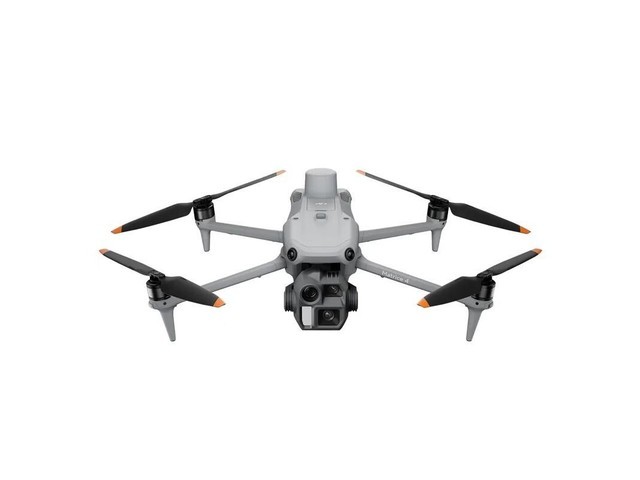The integration of drones in agriculture has undeniably marked a revolution in how farming is approached in the modern era. As technology progresses, the use of drones offers a multitude of applications aimed at enhancing agricultural productivity and efficiency. Farmers, agronomists, and agricultural businesses alike are increasingly recognizing the value of drones in transforming traditional farming practices.
Precision Agriculture and Drones
At the heart of drones in agriculture is the concept of precision agriculture, which is key to optimizing crop yields and minimizing resource wastage. Drones equipped with advanced sensors and cameras allow farmers to gather crucial data about their crops, soil, and overall farm health. This data can be analyzed to facilitate informed decision-making regarding irrigation, fertilization, and pest control, which ultimately leads to improved yield and cost savings.
Drone Technology in Crop Monitoring
In crop monitoring, drones play an essential role by capturing real-time aerial imagery that helps farmers assess plant health and growth patterns. Multispectral and thermal sensors onboard drones can detect issues such as nutrient deficiencies, water stress, or pest infestations early, enabling farmers to undertake timely interventions. This proactive approach ensures that crops remain in optimal condition, reducing the risk of yield losses.
Moreover, drones can efficiently cover large areas of farmland in a short time, offering a comprehensive view of the entire farm which would otherwise be unattainable through traditional ground-based methods.
Irrigation Management and Drones
Drones contribute significantly to optimizing water usage in agriculture. Through drones, farmers can identify areas requiring more or less irrigation and adjust their water management practices accordingly. This targeted irrigation approach saves water, reduces energy consumption, and prevents soil erosion and waterlogging, which are common challenges in conventional irrigation methods.
Enhanced Planting Techniques
Drone technology is also redefining planting techniques. Equipped with planting systems, drones are capable of precision planting, dispersing seeds accurately over the fields. This method ensures better seed distribution, reduces labor costs, and enhances overall planting efficiency, paving the way for improved crop production.
Drone Application in Pest Control
Pest control is another critical area where drones are making a significant impact. With drones, farmers can easily monitor pest activity across large fields and deploy necessary pesticides swiftly and accurately. This not only improves pest management effectiveness but also minimizes chemical usage, which is beneficial for the environment.
Challenges and Considerations
Despite the numerous benefits drones offer in agriculture, there are challenges that need to be addressed including regulatory restrictions, high initial costs, and the requirement for skilled operators. As drone technology advances and becomes more accessible, these barriers are likely to diminish, encouraging wider adoption in the agricultural sector.
The Future of Drones in Agriculture
The future of drones in the agricultural domain looks promising as advancements in technology continue to evolve. Integration with AI and IoT (Internet of Things) can further enhance drone capabilities, providing farmers with new insights and efficient tools to improve farm management practices.
FAQs
How do drones help in saving resources in agriculture?
Drones enable precise usage of resources such as water, fertilizers, and pesticides by providing accurate data that guides farmers’ actions, leading to reduced wastage and enhanced efficiency.
Are drones in agriculture expensive?
While the initial investment can be high, the savings achieved through improved efficiency and reduced labor costs can offset these expenses in the long run.
What are the environmental benefits of using drones in farming?
By promoting sustainable practices such as targeted pesticide application and water conservation, drones help in reducing environmental impact and promote eco-friendly agriculture.